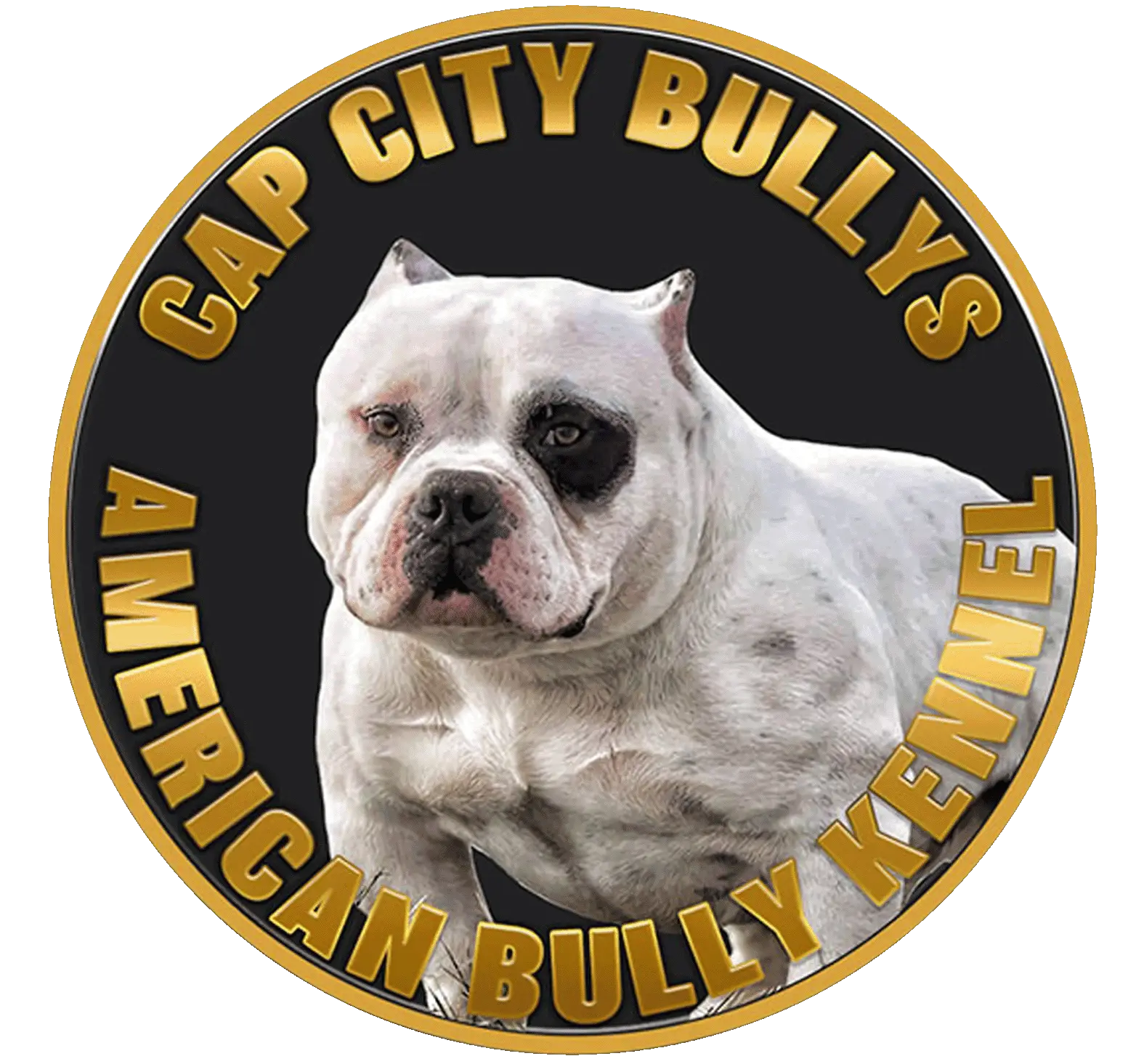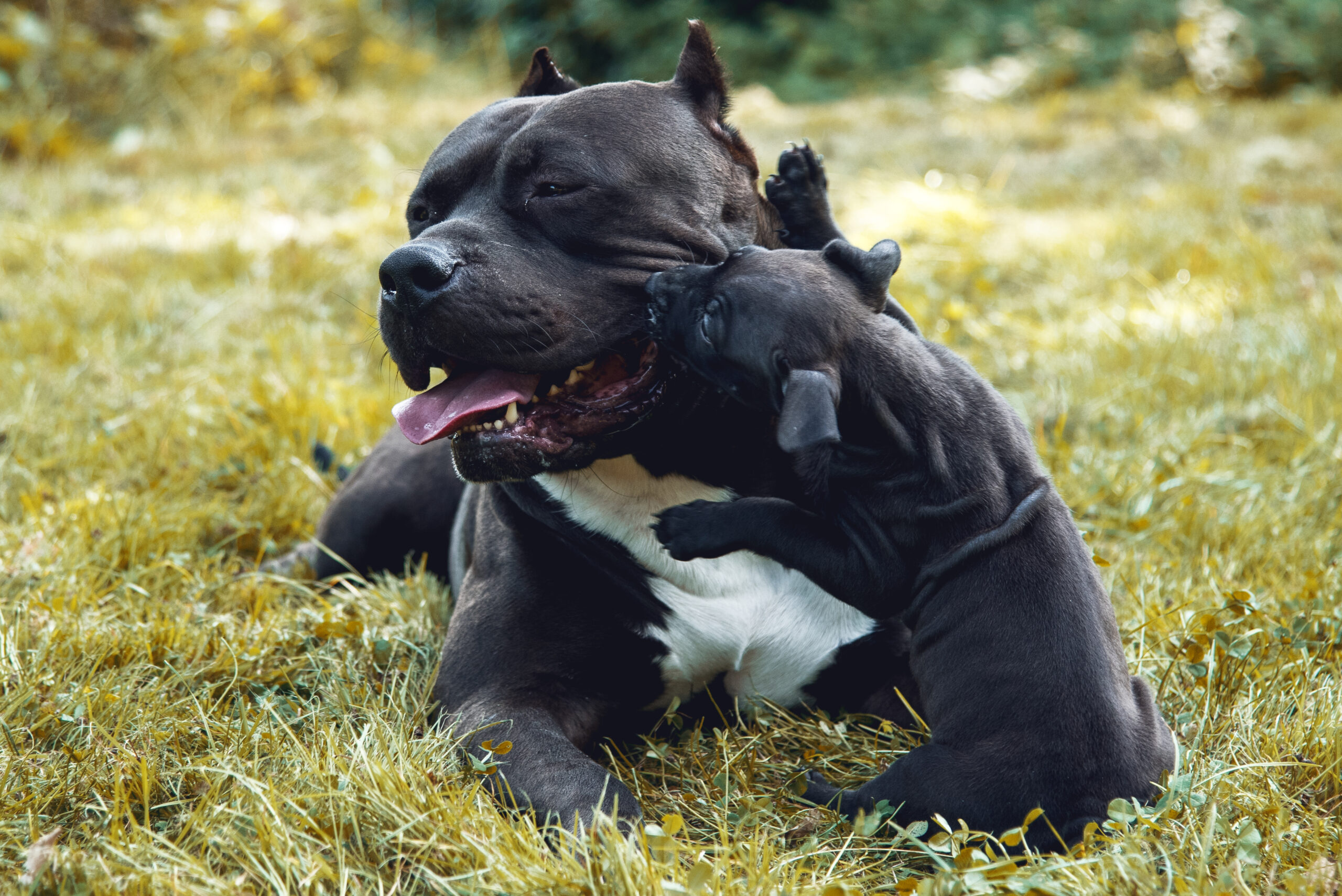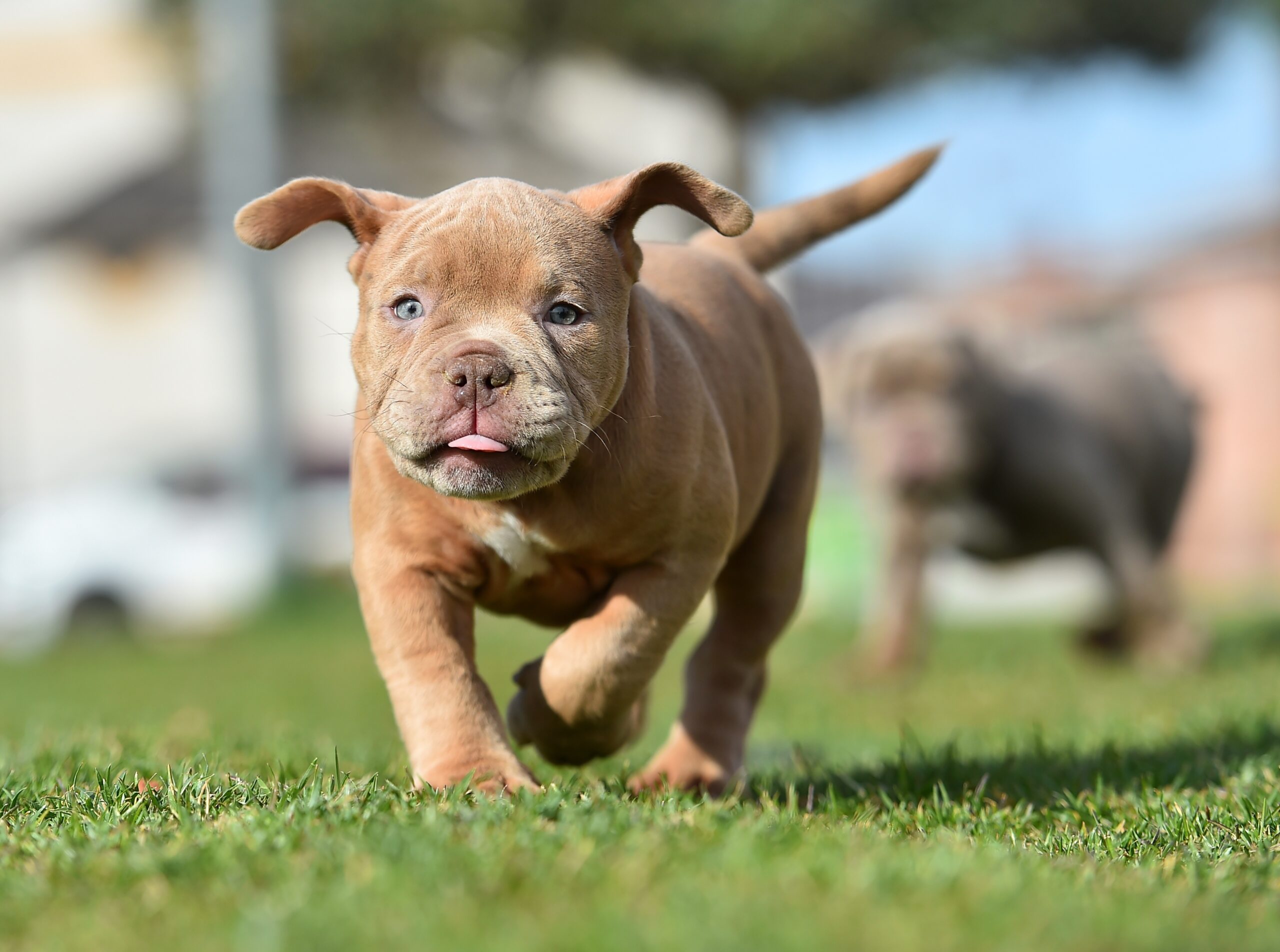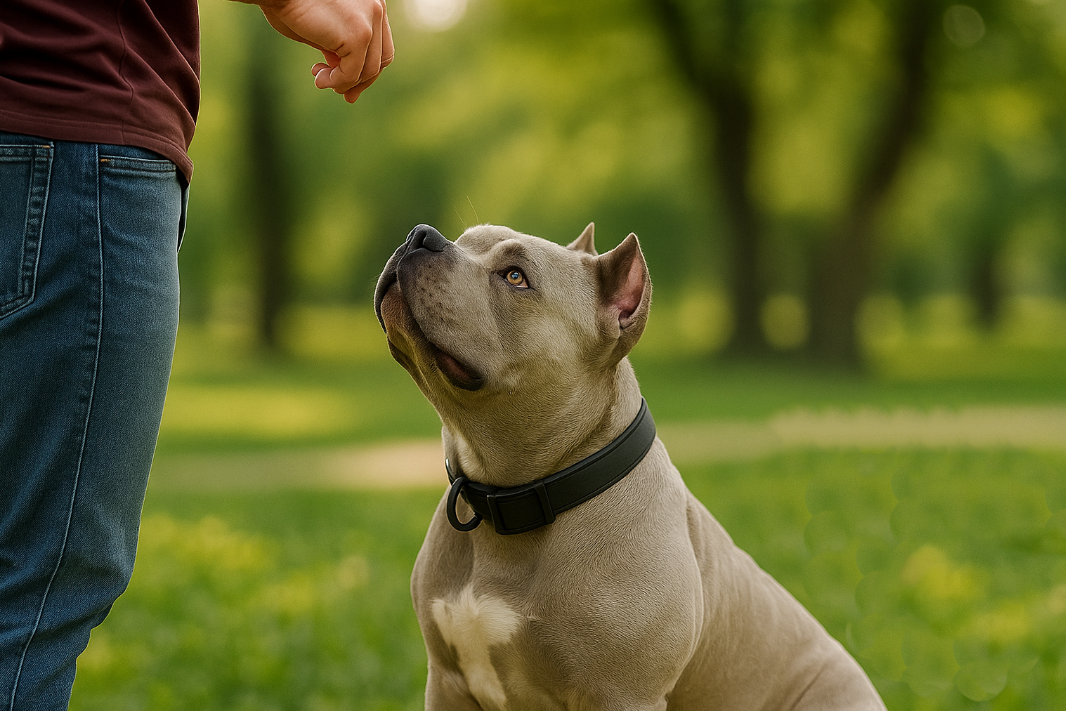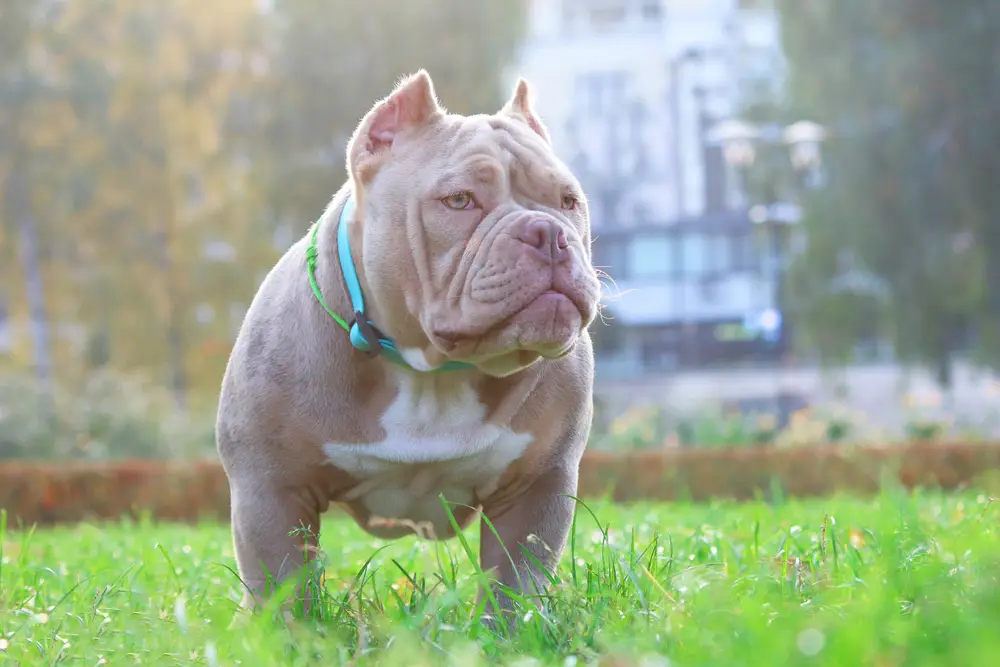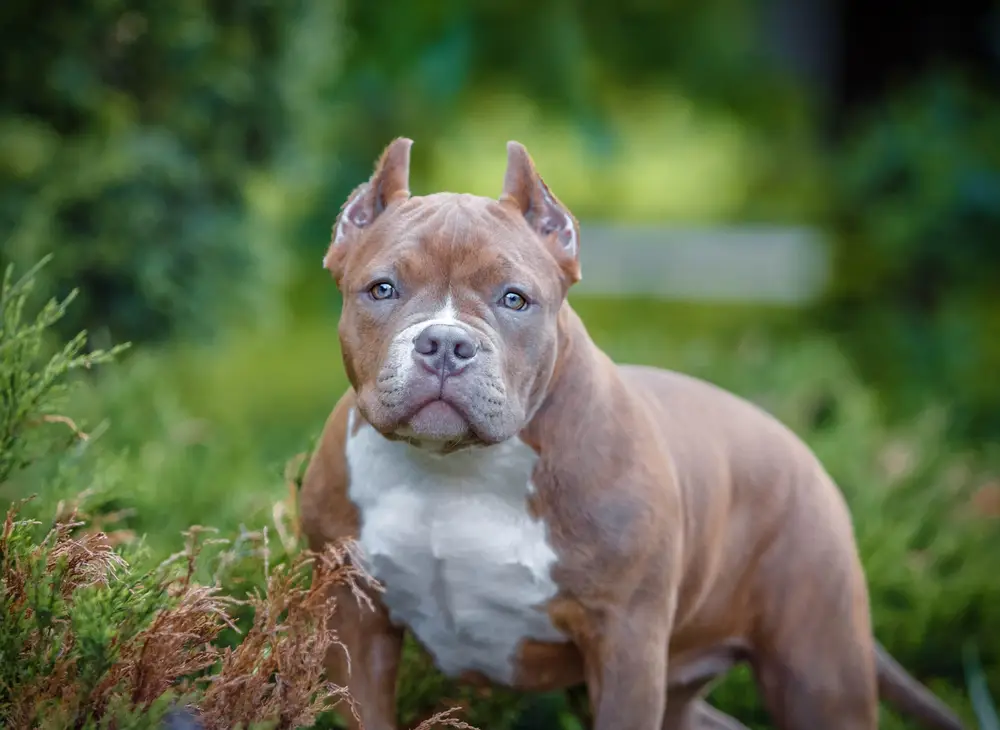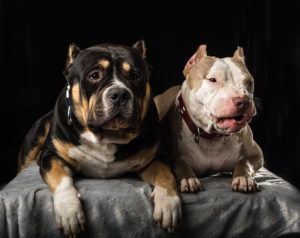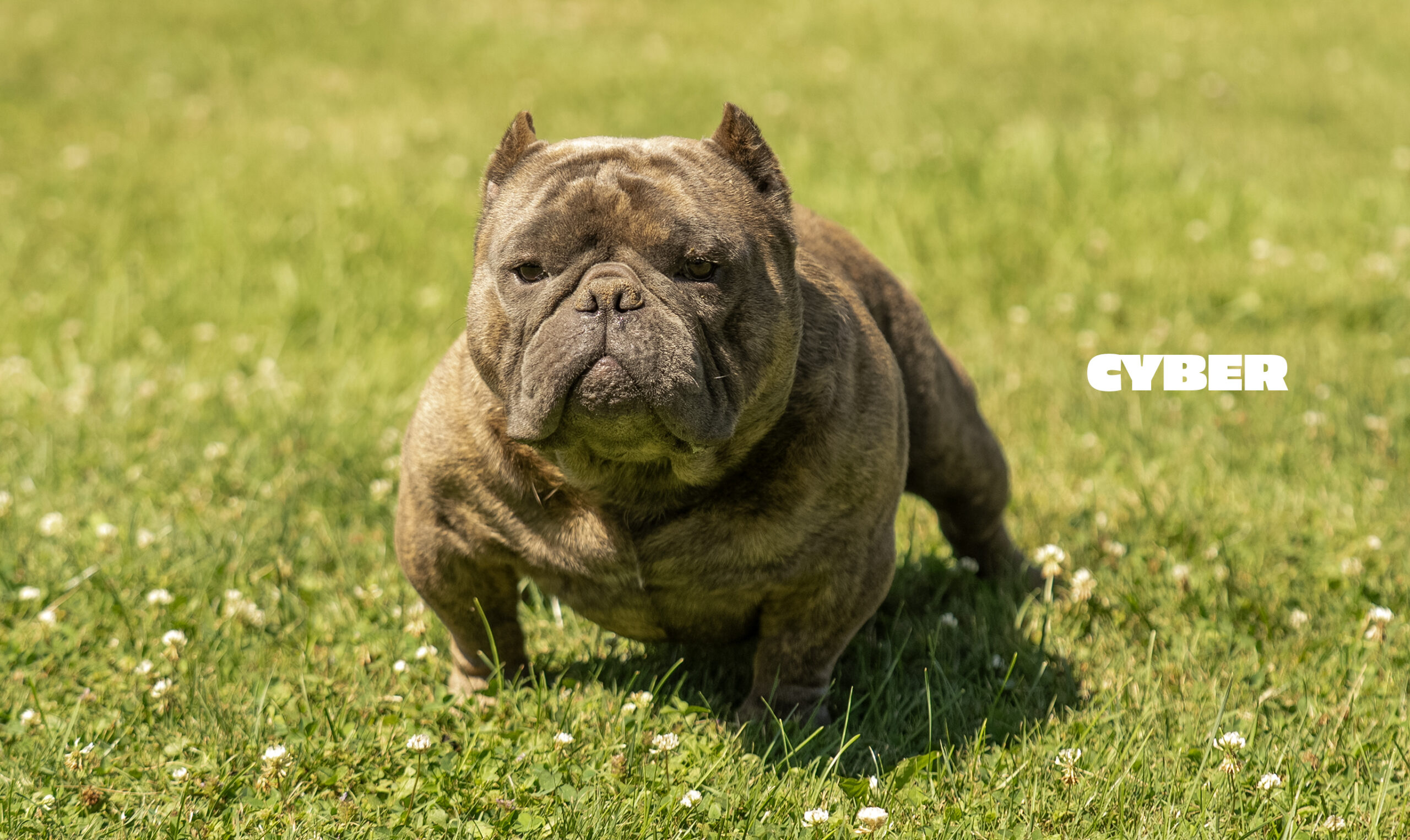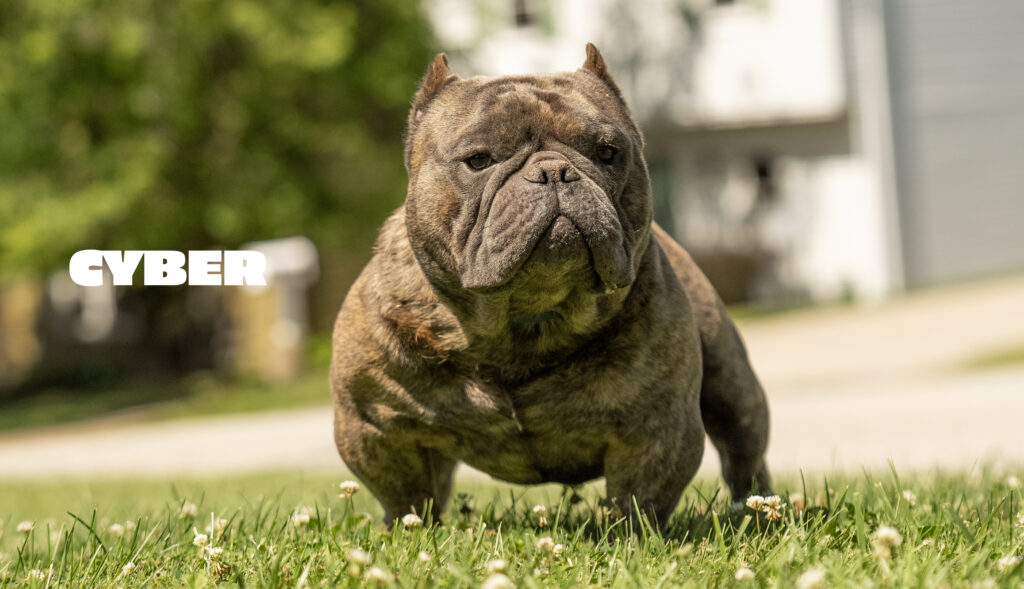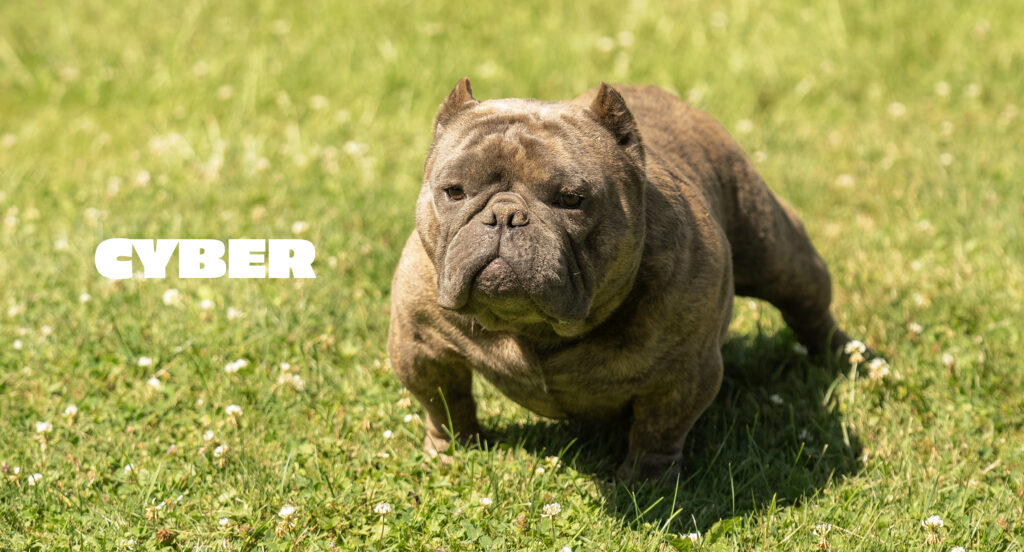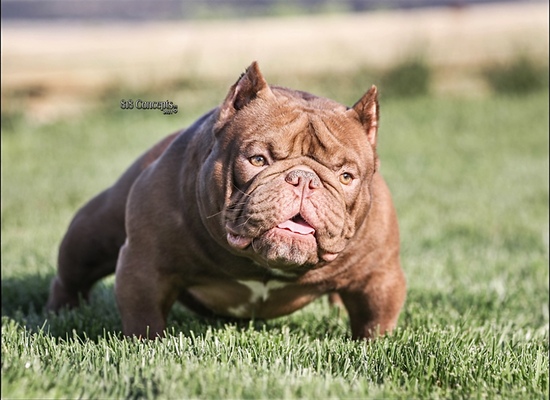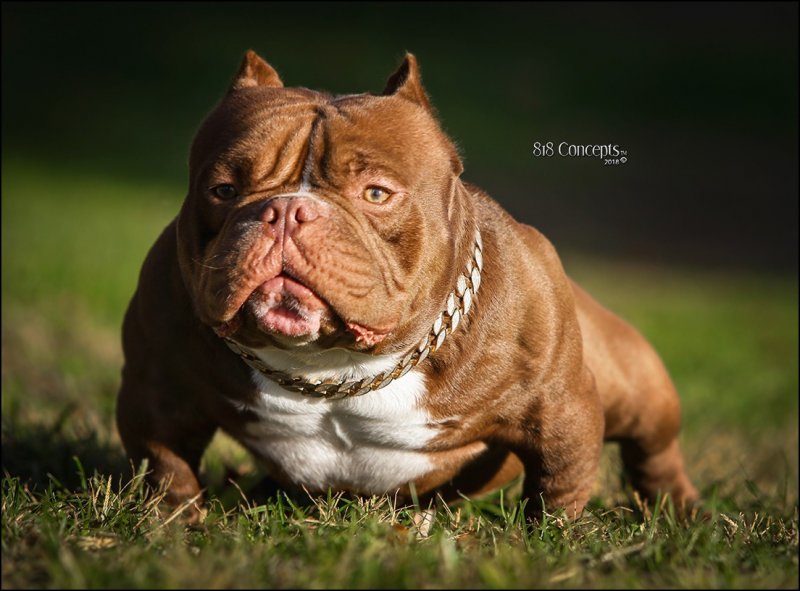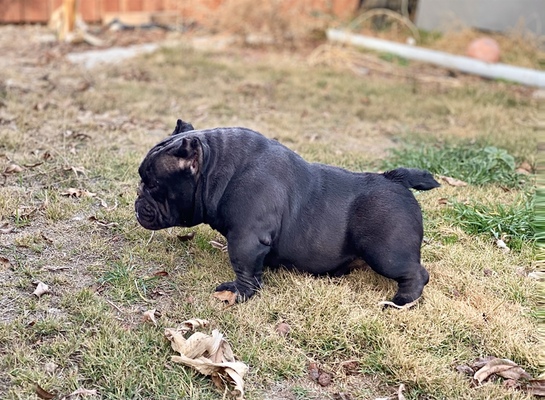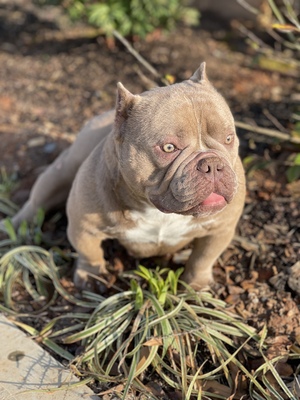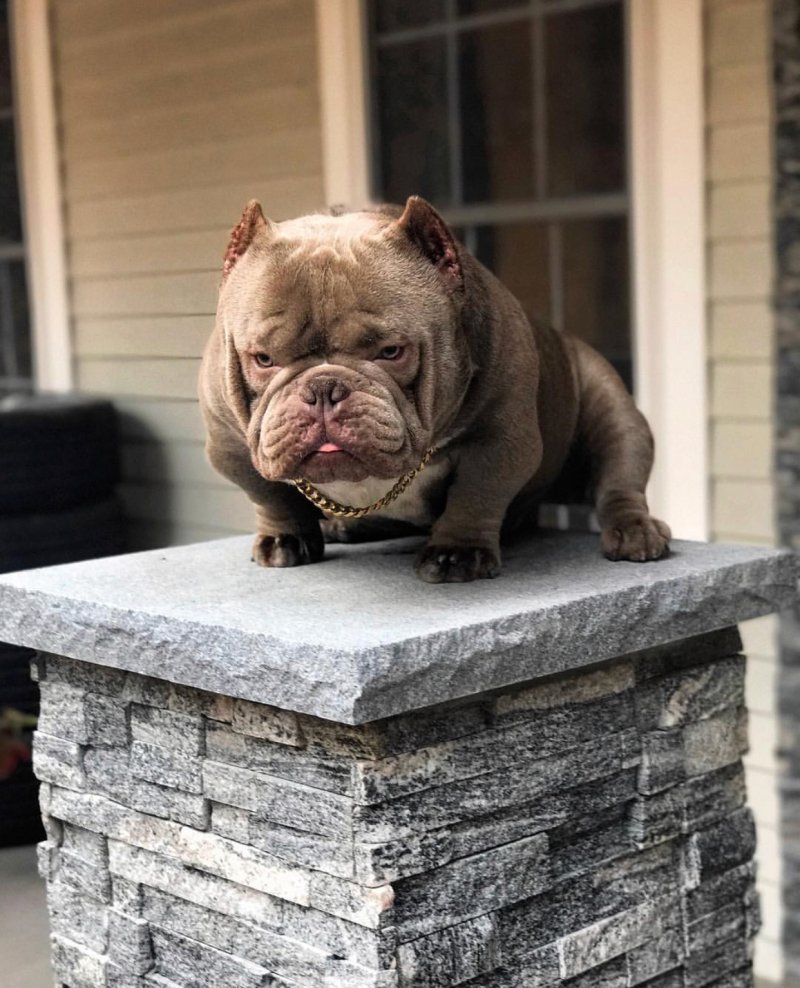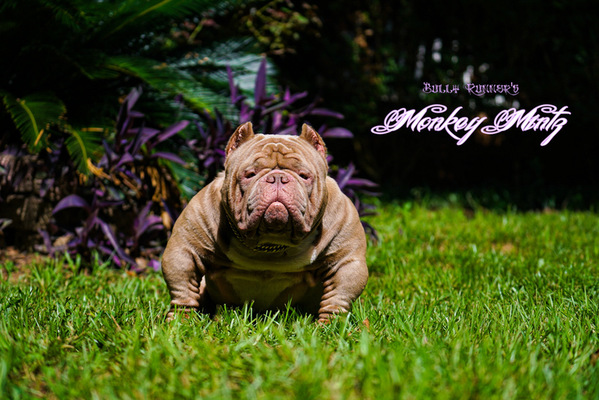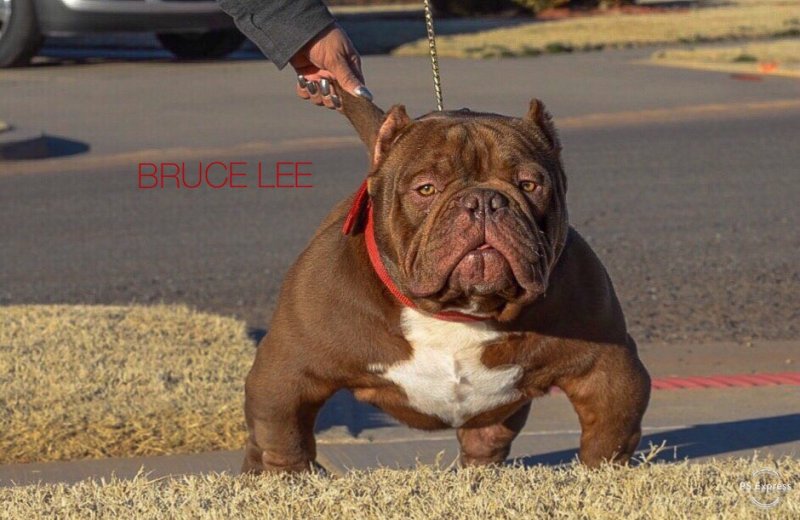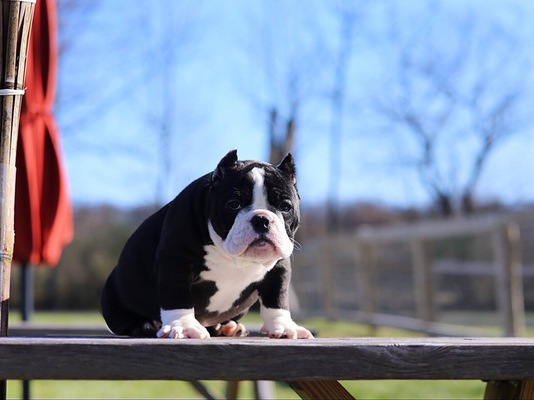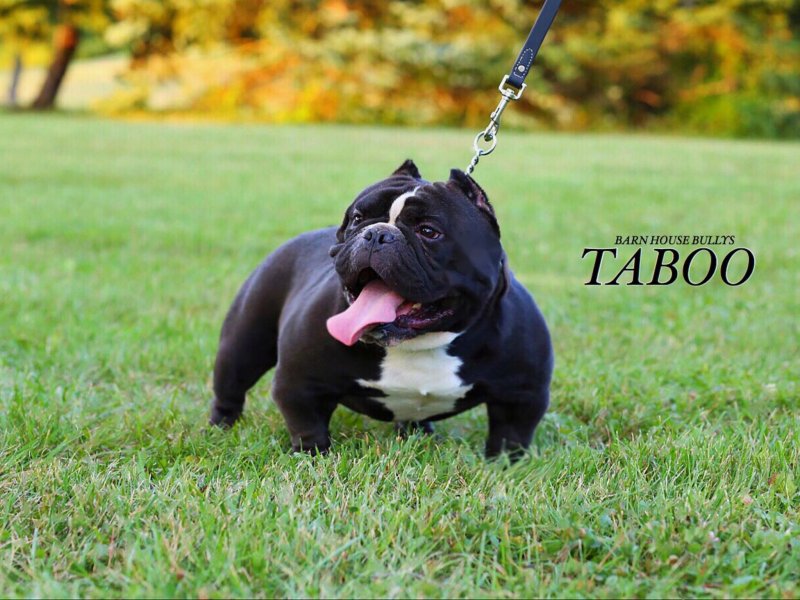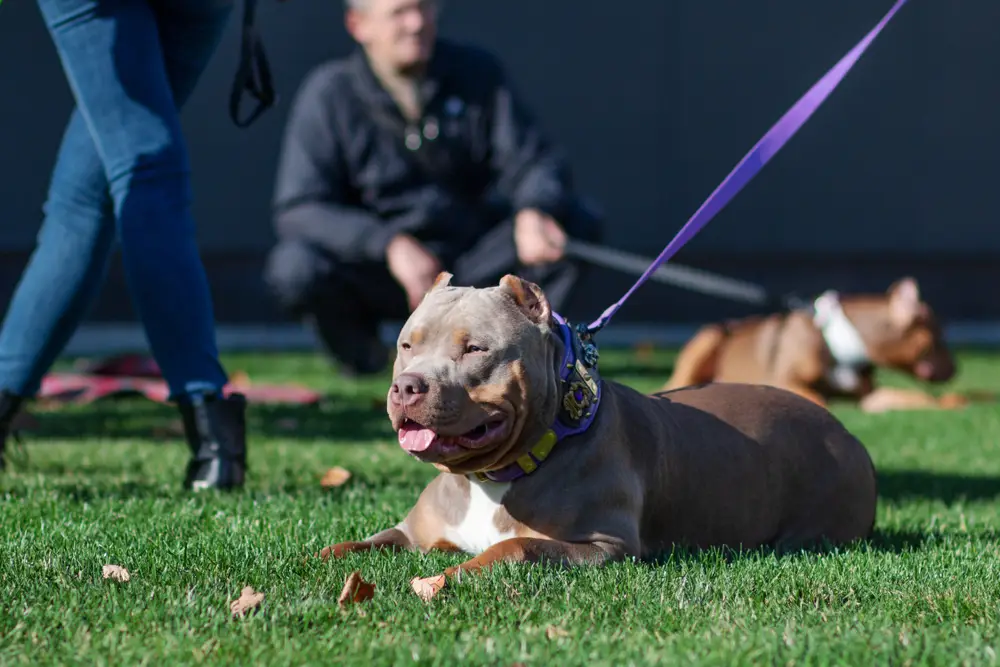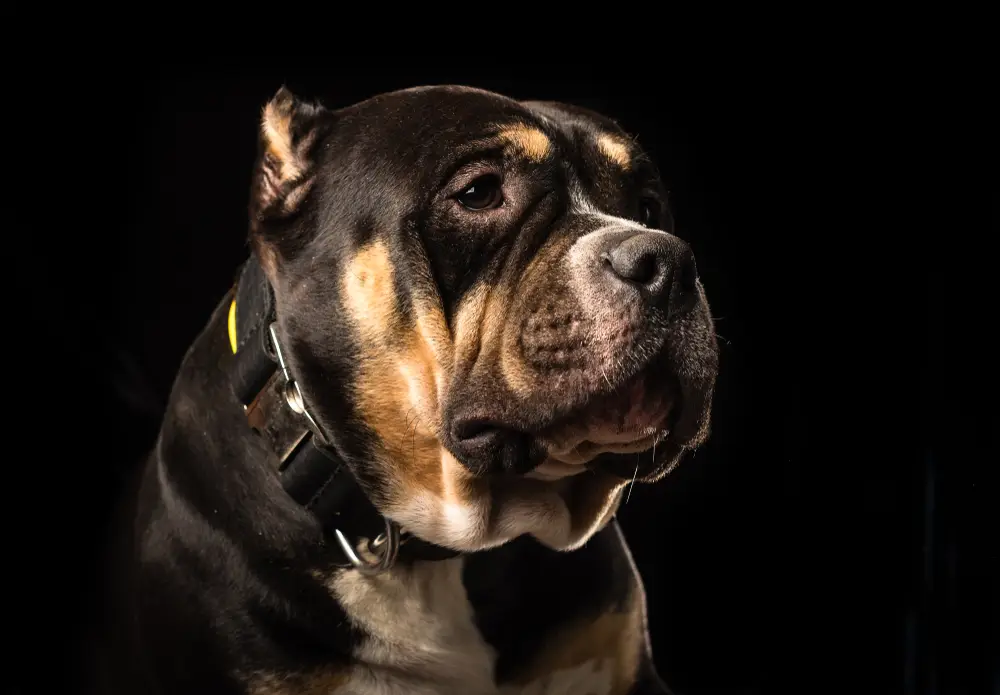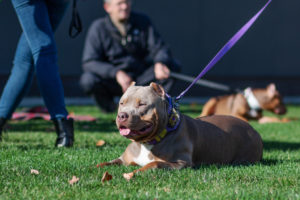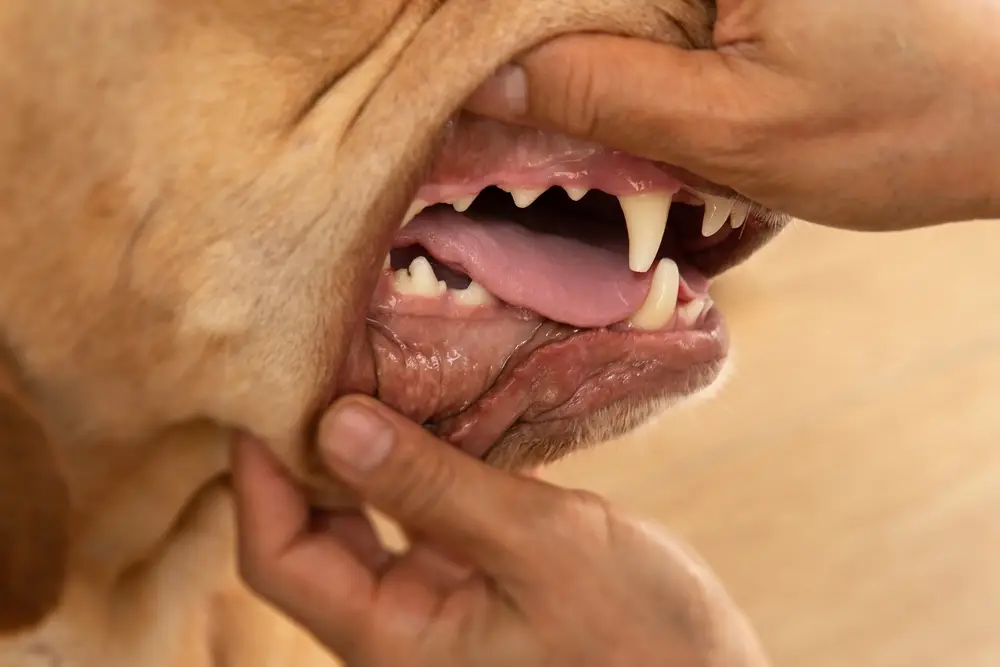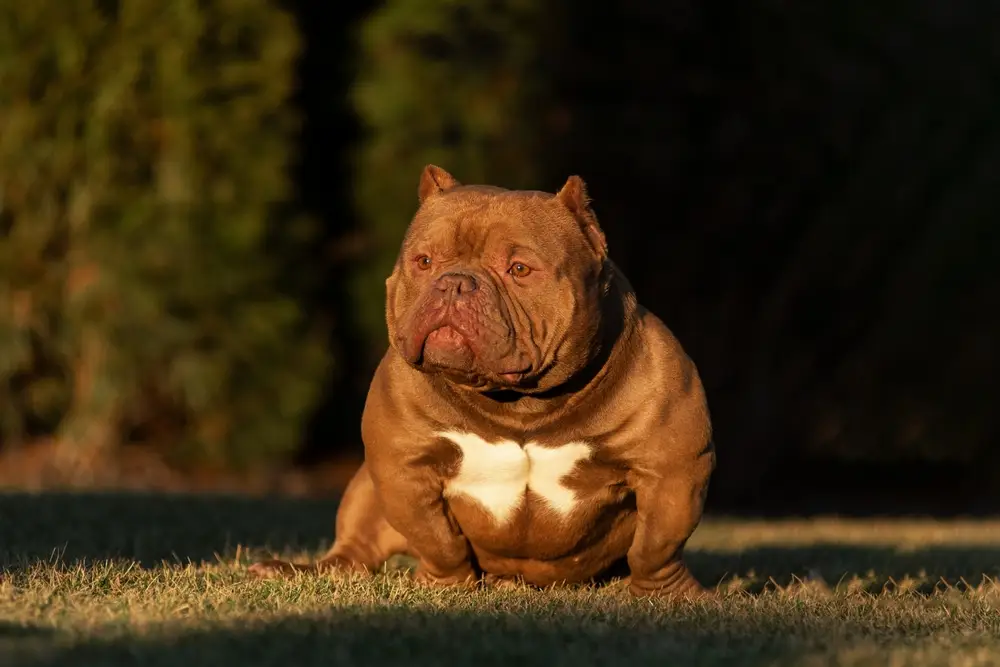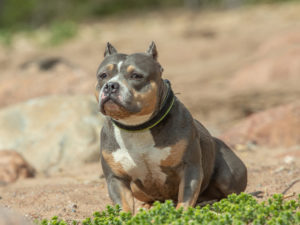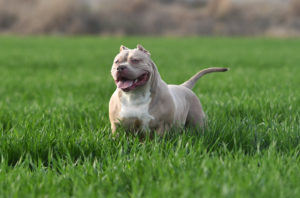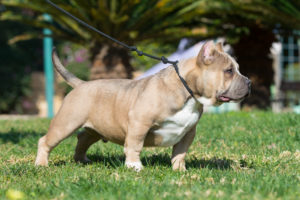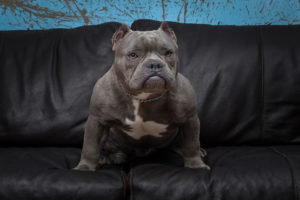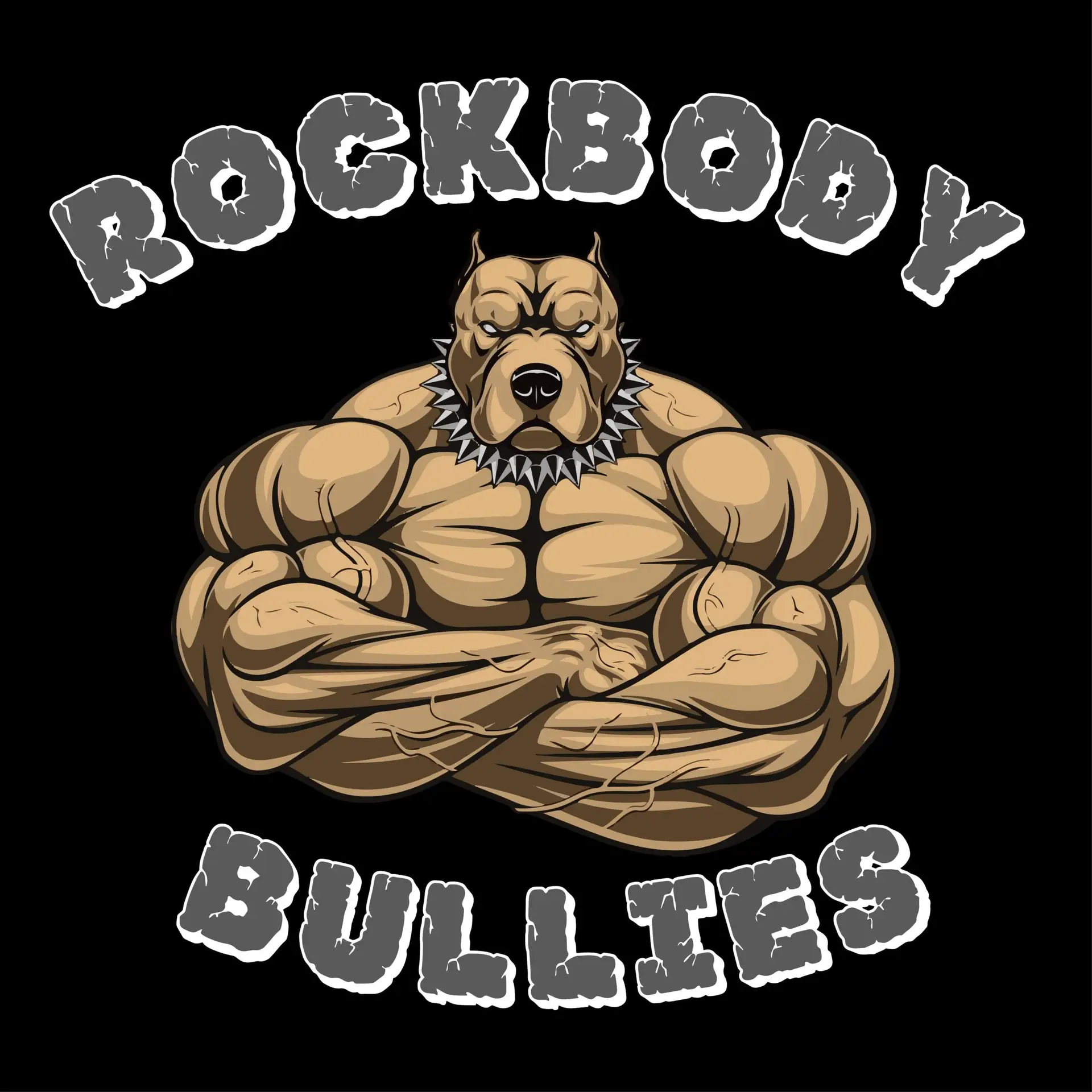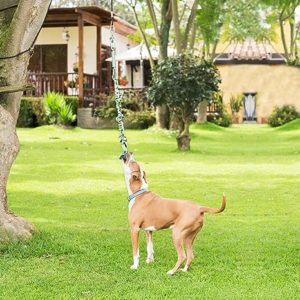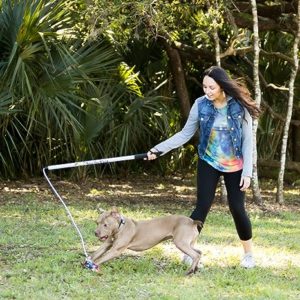January 13, 2026 · Capcity Bullys
Micro American Bullies have quickly become one of the most sought-after companion dogs for families and enthusiasts who want the iconic American Bully look in a smaller, more manageable size. Known for their compact structure, muscular build, and people-focused temperament, Micro Bullies combine presence with companionship.
This guide explains what truly defines a Micro American Bully, including physical traits, temperament, health considerations, and daily care. Whether you’re researching the breed or preparing to bring a puppy home, understanding these fundamentals helps ensure responsible, confident ownership.
What Is a Micro American Bully?
A Micro American Bully is a compact variation within the American Bully breed. While not recognized as a separate size class by every registry, Micro Bullies are commonly understood to be smaller than Pocket Bullies, often measuring under 13 inches at the shoulder when mature.
Despite their reduced height, Micro American Bullies retain the hallmark characteristics of the breed:
- Broad chest and heavy bone
- Thick neck and powerful shoulders
- Compact, muscular frame
- Confident, balanced posture
Responsible breeding focuses on structure, temperament, and health, not extreme downsizing. Size should never come at the expense of movement, breathing, or overall well-being.
For a full foundation overview of the breed itself, see:
👉 American Bully Breed Overview (AmericanBullyBreed.com)
Physical Traits of Micro American Bully Puppies
Compact Size, Substantial Build
Micro American Bully puppies are short in stature but solid in build. Adult weight typically ranges between 20–40 pounds, depending on genetics and bloodline. Their compact frame makes them well suited for owners who appreciate a powerful look without the space demands of larger dogs.
Head and Expression
One of the most recognizable features of Micro Bullies is the blocky head and strong expression, often including:
- Wide skull
- Short, well-defined muzzle
- Pronounced cheek muscles
- Strong jawline
Correct proportions and breathing function are essential markers of ethical breeding.
Coat and Color
Micro American Bullies have short, smooth coats that are easy to maintain. Common colors include:
- Blue
- Lilac
- Black
- Chocolate
- Tri-color
- Merle (when ethically bred)
Coat color does not influence temperament or behavior.
Temperament: The True Strength of the Micro Bully
Loyal and Affectionate
Despite their muscular appearance, Micro American Bullies are deeply people-oriented. They thrive on companionship and form strong emotional bonds with their families. When well bred, they are calm, affectionate, and eager to please.
A deeper temperament breakdown is available here:
👉 American Bully Temperament & Personality Guide (AmericanBullyBreed.com)
Family-Friendly Nature
Micro Bullies are typically gentle and tolerant when raised with proper structure and early socialization. Their stable temperament makes them suitable for families, including homes with children, when interactions are supervised and respectful.
Confidence Without Aggression
Well-bred Micro American Bullies are confident, not reactive. Aggression is not a desired trait in the breed and is often the result of poor breeding, lack of training, or inadequate socialization.
Compatibility With Other Pets
With early exposure and consistent training, Micro Bullies usually coexist well with other dogs and household pets. Structured introductions and calm leadership are key.
Caring for Micro American Bully Puppies
Nutrition and Diet
Proper nutrition plays a major role in healthy development. Micro American Bully puppies benefit from:
- High-quality animal protein
- Balanced fats for energy and coat health
- Joint-supporting nutrients
Avoid overfeeding, as excess weight can place unnecessary stress on joints.
For nutrition fundamentals, see:
👉 American Bully Nutrition & Balanced Diets (AmericanBullyBreed.com)
Exercise Needs
Micro Bullies enjoy daily activity but do not require excessive or high-impact exercise. Ideal activities include:
- Short daily walks
- Structured play sessions
- Mental enrichment
Overexertion during puppyhood should be avoided to protect developing joints.
Learn more here:
👉 Best Exercise Routines for American Bullies (AmericanBullyBreed.com)
Training and Socialization
Micro American Bullies are intelligent and respond best to positive reinforcement. Early training should focus on:
- Basic obedience
- Leash manners
- Confidence-building social experiences
Consistency and calm leadership produce stable, well-mannered adults.
Health Considerations for Micro American Bullies
Common Health Concerns
When poorly bred, Micro Bullies may be prone to:
- Joint issues
- Breathing challenges from overly short muzzles
- Skin sensitivities
- Structural imbalances
These risks are greatly reduced when breeders prioritize function and health.
For health fundamentals, visit:
👉 American Bully Health & Care Guide (AmericanBullyBreed.com)
The Role of Ethical Breeding
Responsible breeding avoids “extreme” or “teacup” claims and focuses instead on longevity, movement, and temperament. Ethical programs emphasize quality over size reduction.
Learn more about responsible standards here:
👉 Ethical American Bully Breeding Practices (TheAmericanBullyBreed.com)
Grooming and Maintenance
Micro American Bullies are low-maintenance dogs. Basic care includes:
- Weekly brushing
- Regular nail trimming
- Ear cleaning
- Dental care
Routine grooming also allows owners to monitor skin and overall condition.
Grooming fundamentals:
👉 Grooming Essentials for American Bully Owners (TheAmericanBullyBreed.com)
Is a Micro American Bully Right for You?
Micro American Bullies are ideal for owners who want:
- A loyal, people-focused companion
- A muscular dog in a compact size
- A breed that thrives on interaction
- Apartment or small-home compatibility (with exercise)
They require commitment to training, structure, and long-term care.
Final Thoughts
Micro American Bullies combine strength, confidence, and affection into a compact companion when bred and raised responsibly. Understanding their traits, temperament, and care needs helps ensure they thrive as stable, well-adjusted family dogs.
Education, ethical breeding, and consistent care are the foundation of a successful Micro Bully ownership experience.
For more information about responsible breeding, visit Capcity Bullys and explore our educational resources.
